 .
.
(In this poem the Nobel-winning chemist Roald Hoffmann — who was also a literary artist — addresses the human longing for permanence, and religion’s illusory assurances thereof, in a universe we know to be governed by impermanence and entropy~~Maria Popova)
My second law, your second law, ordains
that local order, structures in space
and time, be crafted in ever-so-losing
contention with proximal disorder in
this neat but getting messier universe.
And we, in the intricate machinery of our
healthy bodies and life-support systems,
in the written and televised word do declare
the majesty of the zoning ordinances
of this Law. But oh so smart, we think
that we are not things, like weeds,
or rust, or plain boulders, and so
invent a reason for an eternal subsidy
of our perfection, or at least perfectibility,
give it the names of God or the immortal
soul. And while we allow the dissipations
that cannot be hid, like death, and — in literary
stances — even the end of love, we make
the others just plain evil: anger, lust,
pride — the whole lot of pimples of the spirit.
Diseases need vectors, so the old call
goes out for me. But the kicker is that the struts
of God’s stave church, those nice seven,
they’re such a tense and compressed support
group that when they get through you’re really
ready to let off some magma. Faith serves up
passing certitude to weak minds, recruits for
the cults, and too much of her is going to play
hell with that other grand invention
of yours, the social contract. Boring
Prudence hangs around with conservatives,
and Love, love you say! Love one, leave
out the others. Love them all, none will love
you. I tell you, friends, love is the greatest
entropy-increasing device invented by God.
Love is my law’s sweet man. And for God
himself, well, his oneness seems too
much for natural man to love, so he comes
up with Northern Irelands and Lebanons…
The argument to be made is not
for your run-of-the-mill degeneracy, my
stereotype. No, I want us to awake,
join the imperfect universe at peace with
the disorder that orders. For the cold
death sets in slowly, and there is time,
so much time, for the stars’ light to scatter
off the eddies of chance, into our minds,
there to build ever more perfect loves,
invisible cities, our own constellations.

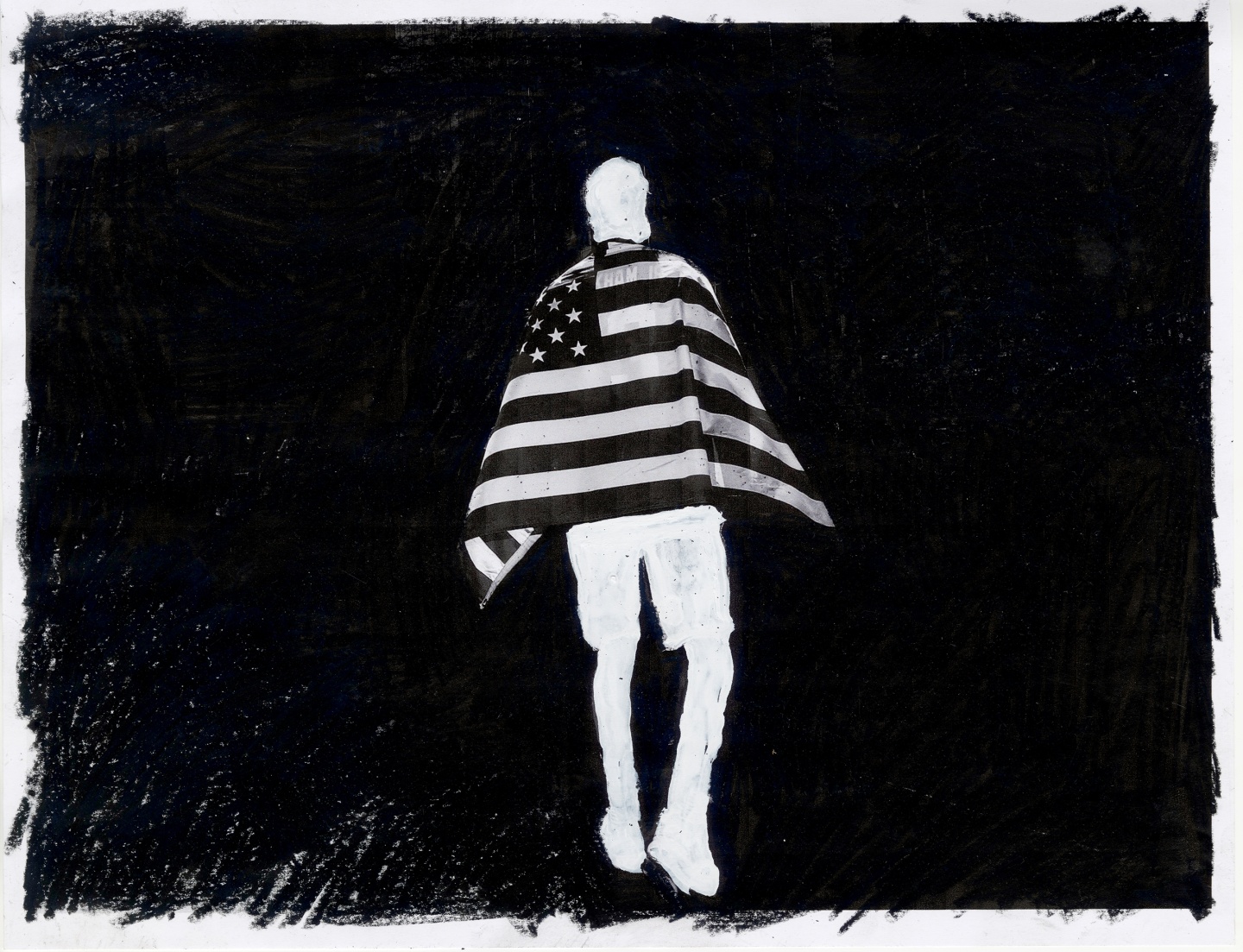


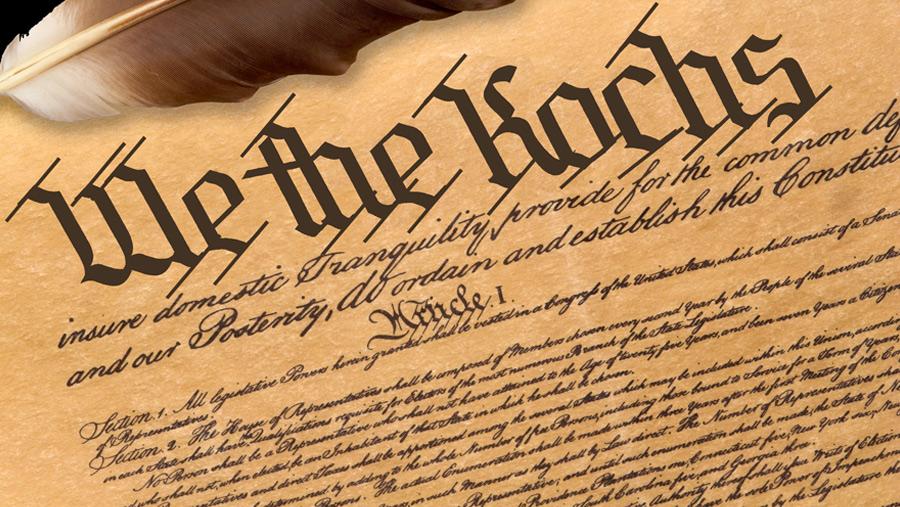

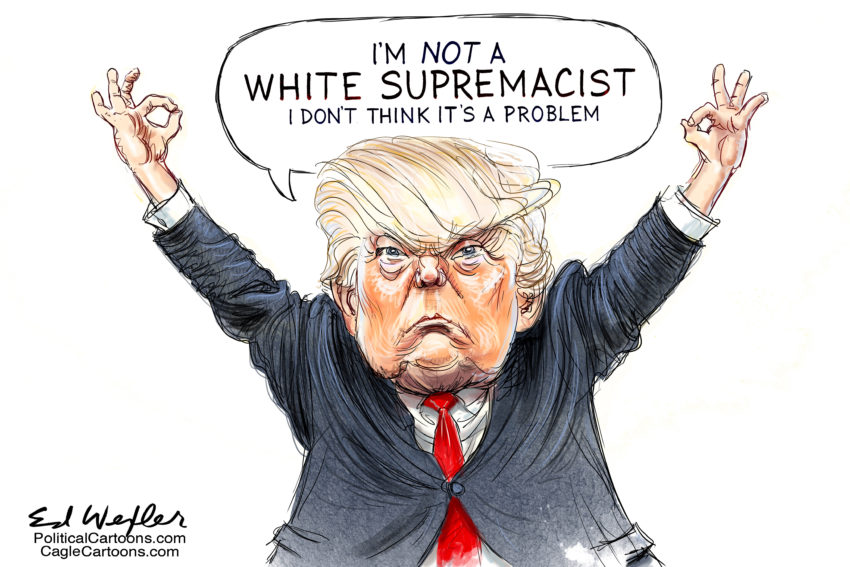 \
\
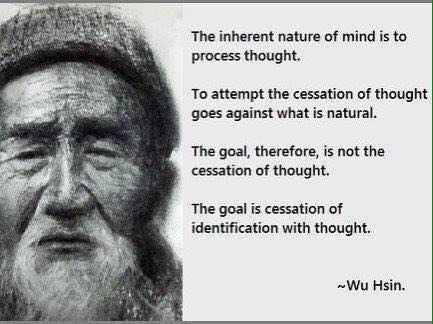
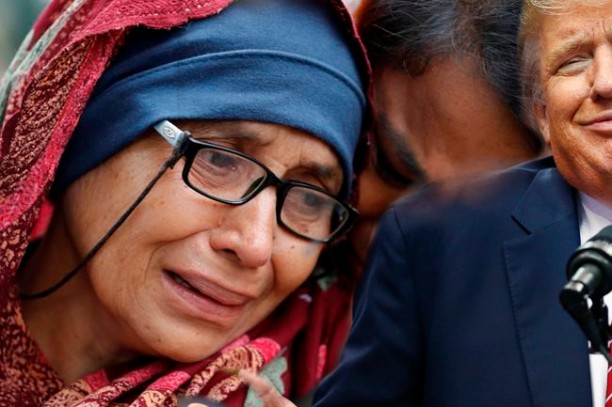
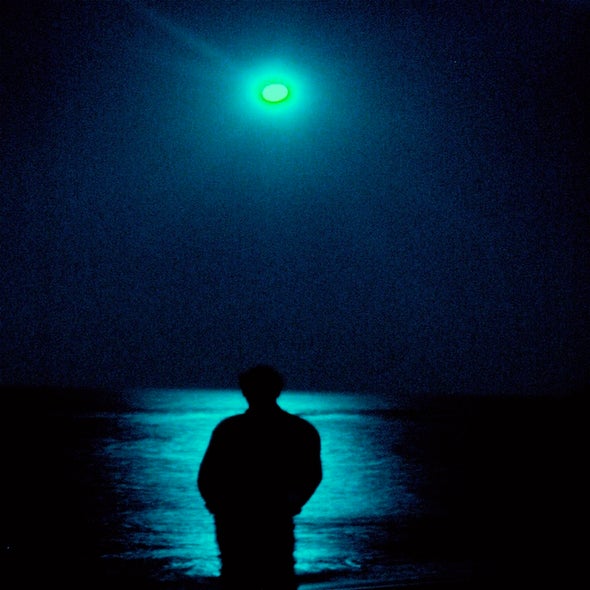


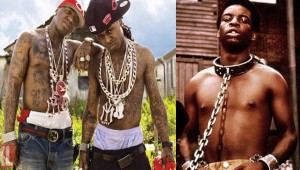




 (
(


 .
. 



